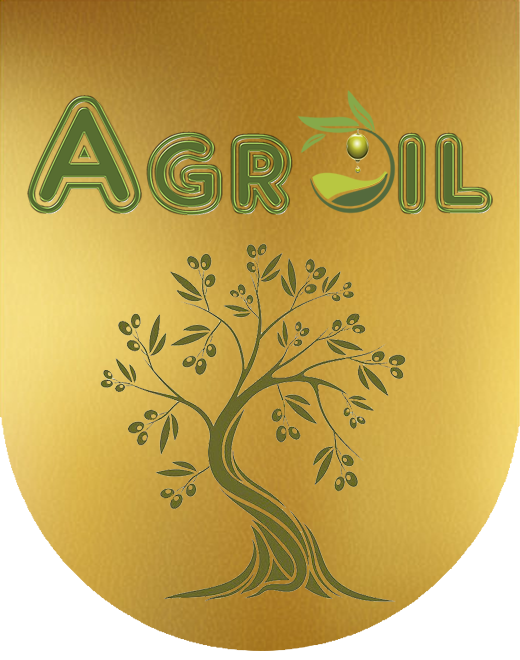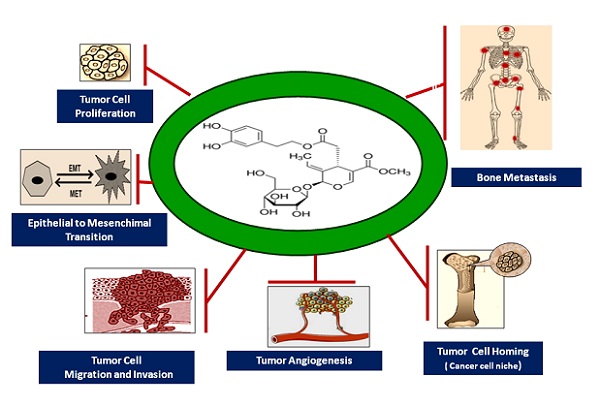Oleuropein
The oleuropein is a bitter substance which belongs to the polyphenols. The oleuropein is the most important polyphenol and exists into the fruit and into the leaves of olive.
The conciseness in oleuropein is bigger in the unripe fruits of olive and due to this specific substance they have a bitter taste.
To eliminate or to reduce the “bitterness” of olives is used several means such as for example when they soak into water, brine, vinegar e.t.c.
To the oil the bitterness is removed partly with the usage of cold water or it is completely vanished with the usage of warm water through the oil-producing.
Considering oleuropein as a very useful polyphenol, we would say the most one, we always process the olive fruit without any water and without any temperature, totally COLD.
The conciseness of oleuropein in wild olive oil is multiple than the other olives, we understand this from the strong bitterness which has the wild olive.
The high assembly in oleuropein gives us a fruity, spicy but also a bitter taste, which fact isn’t a defect but an advantage, and for the specific taste we have to search for.
The oleuropein and its role to our health.
The oleuropein is discovered back at 1908 and named so after the scientific name of olive olea europea. On 1960 has been found that the oleuropein’s molecule consisting of glucose, the phenolic substance hydrotyrosol and elenolic acid, the last actually suggested the followed years as a medicament against hypertension.
There is a big number of researches regarding the possible beneficial properties of oleuropein to human health. The specific substance has also a strong antioxidant action.
A recent research indicates a mechanism whereby the oleuropein reduces the blood pressure. It was found that protects the brain’s hypothalamus from oxidant stress by improving the function of mitochondria. The results are obvious as before the appearance of hypertension so as after, therefore the oleuropein is a promising substance for the prevention and the treatment of hypertension.
Apart from hypertension, it seems that the oleuropein has cardioprotective, anticancer and neuroprotective properties. In this way seems also having therapeutic capabilities for a wider variety of disorders. The oleuropein helps the body to secrete much more insulin and neutralizes a harmful molecule named amylin which is overproduced in the case of diabetes.
The oleuropein is abundant into the green fruit and it can be enough to 14% of the dry weigh whilst there is much more percentage in the wild olive. At the black olives the assembly of oleuropein is reduced fast through the maturation and to some varieties of olive it could fall even to zero rate when the olive becomes completely black.
The main phenolic compounds, the hydrotyrosol and the oleuropein, which they give to the unheated wild olive oil and to the unheated green olive olive that bitter and spicy taste both have a strong antioxidant action as in vivo as in vitro. The oleuropein is absorbed immediately through oral feeding.
Many epidemiological researches have shown that the oleuropein into the unheated green olive oil is connected with lower frequency of atherosclerosis appearances, cardiovascular diseases and some forms of cancer.
The pharmacological properties of oleuropein epigrammatically are the following:
➤antioxidant
➤anti-inflammatory
➤anti-atherogenic
➤anti-cancer
➤antimicrobial
➤antiviral
Since the second half of 20 th century have conducted many medical researches about the beneficial action of oleuropein and its effect to the human health.
*** Although the high conciseness of oleuropein may worsen the condition of people who already have low rates of blood pressure.

